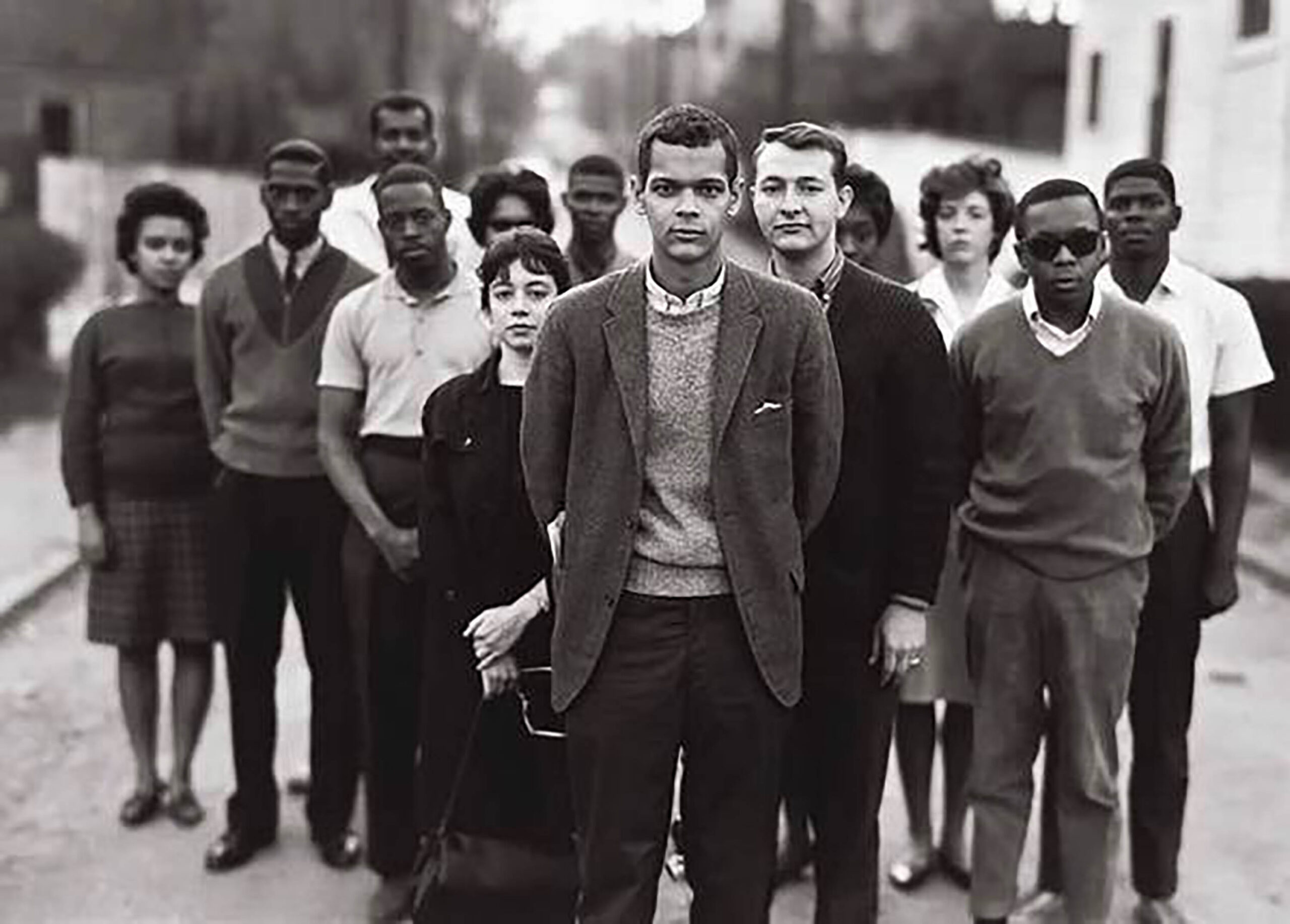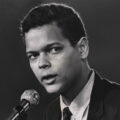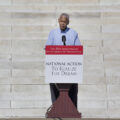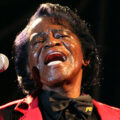
By Earl Ofari Hutchinson
I can’t tell you how many times I sparred with former NAACP Chairman Julian Bond on TV shows and in print during the years he headed the NAACP over the organization’s policies and direction. No matter how fierce our debate, I was always struck by the dignity and passion that Bond brought to the table in hammering home his positions.
He was especially vigorous in defending the NAACP’s record of political and legislative accomplishments against the naysayers and critics–a group that I counted myself among at times–that lambasted the NAACP as old, stodgy, and way out of touch with the militant struggles against police abuse, poverty, and militarism. He bristled particularly at the notion that the NAACP had sold its soul for corporate dollars and had become comfortable and safe in protecting the interests of the black middle-class, businesspersons and professionals as opposed to the black poor.
But Bond stuck to his guns and reminded me that when an African-American in some small out of the way backwater town complained of police misconduct, or charged that they were discriminated against in a hire or promotion, or they believed they were refused a rental because of race, they would complain to the local chapter of the NAACP and it would respond. He repeatedly pointed out that it had been that way for more than a century, that no other group could make the claim of being the most consistent and vigorous fighter for civil rights for so long, and that the organization had not and would not stop fighting.
Bond’s staunch defense of and arguments for the NAACP’s continued invaluable role in and importance to the civil rights movement melted away the rote criticism I’d level at the group at times. I had to admit that he was right. Bond didn’t just force me to rethink my jaundiced and cynical view of the NAACP, he also forced me to rethink my view of the organization’s leadership, the challenges it faces, and the struggles and controversies both within and without that embroil the organization.
But most of all, I acknowledged Bond’s sterling leadership and even more appreciated him for his decades of struggle, sacrifice, and accomplishment in the civil rights.
I mourn and pay homage to Bond because of his monumental contribution to that struggle. But I also mourn and pay homage to him because he was the man who made me understand and appreciate his and his organization’s continuing role and importance in that struggle.
Earl Ofari Hutchinson is an author and political analyst. He is a weekly co-host of the Al Sharpton Show. He is the author of How Obama Governed: The Year of Crisis and Challenge. He is an associate editor of New America Media. He is host of the weekly Hutchinson Report Newsmaker Hour heard weekly on the nationally network broadcast Hutchinson Newsmaker Network.
Follow Earl Ofari Hutchinson on Twitter: http://twitter.com/earlhutchinson

















Leave a Comment